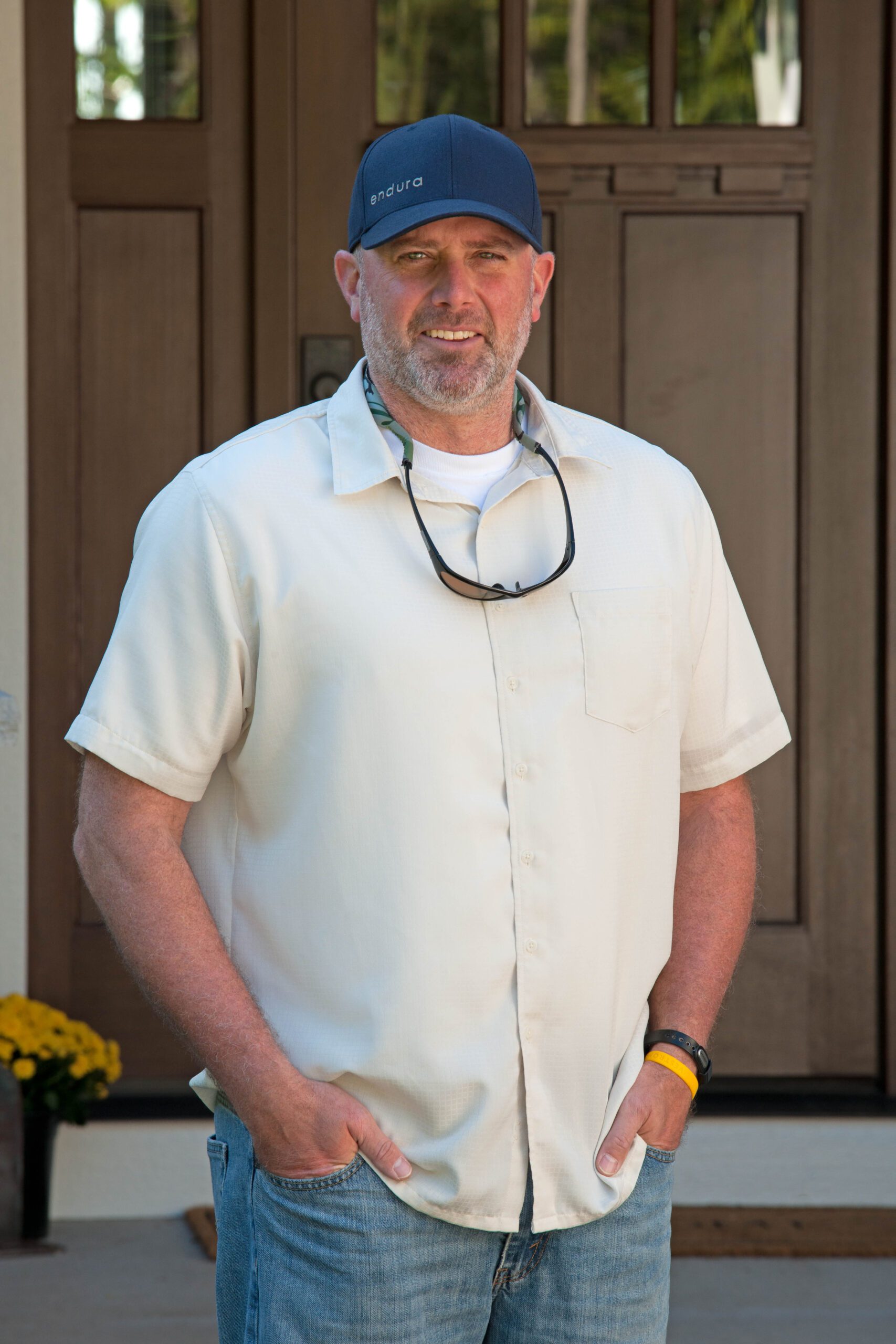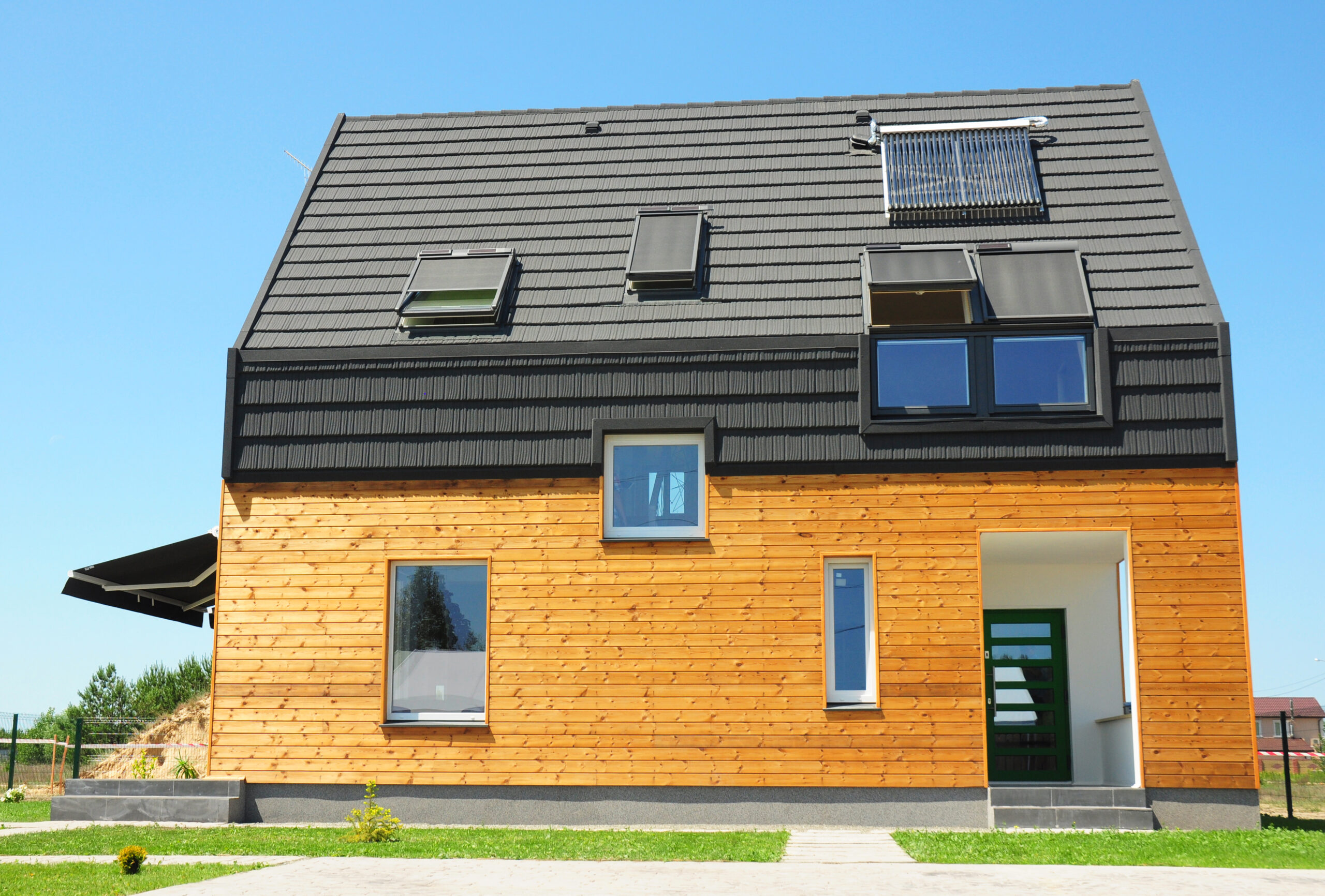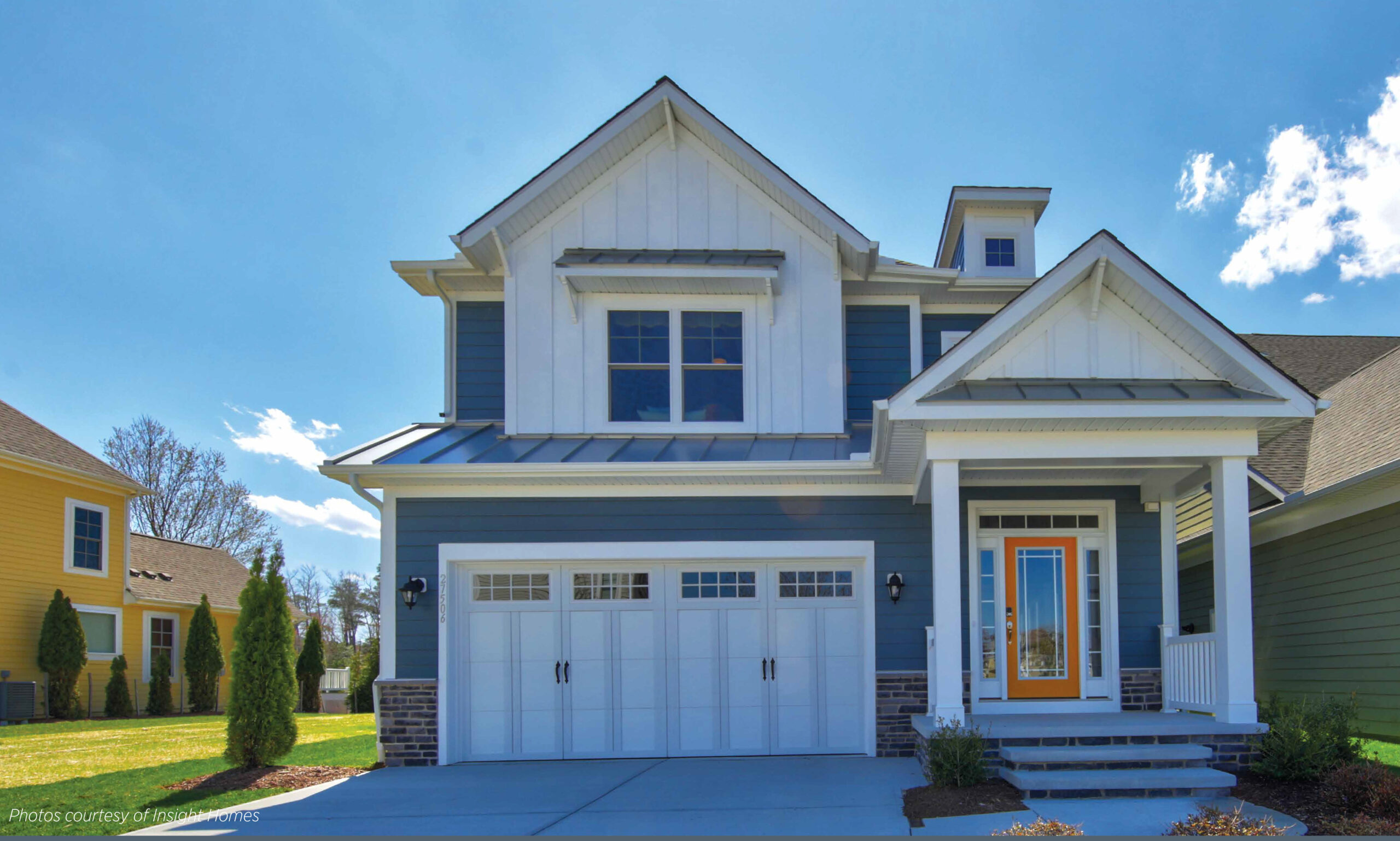This month’s extreme cold snap in Texas and resulting failure of the state’s power grid offers some important lessons in the rear-view mirror. This week, we look at three takeaways from this month’s crisis and how we can better prepare for the next one.
Details »Insulation Institute Blog
Posts Categorized: Energy Codes
The Crux of Better Building
Builder Ryan McCoon, LEED APH of Endura Performance Homes, has more than 30 years’ experience in the residential construction industry and has built 60 homes ranging in price from $500 – $1.5M in Traverse City, MI area. As a high-end custom builder, Ryan has the weight of his client’s expectations at the forefront of his mind as he completes their homes. He takes care to ensure that the projects are attractive, healthy, and have lower operating costs and increased durability for many years to come.
Details »Pandemic Could Drive Net Zero Construction
Pandemic May Drive Zero Energy Construction
![]() An increasing number of states and municipal governments are considering more stringent energy efficiency goals into their updated building codes. For example, new residential construction in several locales within Colorado must comply with the U.S. Department of Energy’s Zero Energy Ready Home program. While Colorado may be on the leading edge, states that have targeted carbon reduction are ramping up efforts to move to more stringent building codes. The pandemic may accelerate that activity.
An increasing number of states and municipal governments are considering more stringent energy efficiency goals into their updated building codes. For example, new residential construction in several locales within Colorado must comply with the U.S. Department of Energy’s Zero Energy Ready Home program. While Colorado may be on the leading edge, states that have targeted carbon reduction are ramping up efforts to move to more stringent building codes. The pandemic may accelerate that activity.
A New Normal: Virtual Inspections
The current pandemic has forced many industries to develop alternative methods for their typical operations, and construction is no different. In the first of a new series we’re calling, “How Construction Will Change,” Insulation Institute takes a look at a growing trend for the building industry: virtual code inspections.
Details »4 Vital Efficiency Actions to Address Climate Change
Energy efficiency is indisputably essential to addressing global climate change. At the forefront of organizations promoting strategies to tackle the climate crisis is the Natural Resources Defense Council (NRDC). Insulation Institute spoke with David Goldstein, Co-Director of Climate and Energy at NRDC, about how the building sector in America can more aggressively pursue a comprehensive energy efficiency initiative to address climate change. Goldstein is a heavy hitter in the energy efficiency arena, having worked since the 1970s on energy efficiency and energy policy (and also founded Residential Energy Services Network). Goldstein offers the following four-point blueprint for achieving an active decade of progress on climate goals.
Details »5 Promising Developments for Decarbonization
As a new decade begins, there are promising developments on the horizon for building decarbonization and greenhouse gas (GHG) emission reductions in residential and commercial construction. While federal support for decarbonization to address climate impacts is at a standstill, non-governmental organizations, state and local governments, and industry are all focused on sustainability and building decarbonization actions that may ultimately lead to real progress. Here are five promising developments for decarbonization that have the potential to shape an active decade of progress.
Details »Chasing Greater Energy Efficiency in New Homes
Residential building energy code adoption and implementation have expanded steadily in the U.S. in recent years, with roughly 40 percent of states having a residential energy efficiency code that is equivalent to or higher than the 2015 IECC. With all the progress that’s occurred in recent years, is the building industry reaching peak efficiency? If not, what more can be done to spur states to adopt and enforce building energy efficiency codes, and how does the industry support home builders still struggling to understand new codes? Insulation Institute spoke with Matthew Cooper, Senior Vice President of PEG LLC, about the current state of code adoption, implementation, and enforcement and what measures could improve energy-efficient construction in the U.S. today and in the future.
Details »The Housing Guy Talks Zero Energy’s Expansion
In the past three months, Sam Rashkin, chief architect of the U.S. Department of Energy’s Building Technologies Office, has been traveling non-stop, speaking at meetings and conferences about the expansion of zero energy buildings in the United States. While accustomed to an exacting traveling and speaking schedule, the demands on his time likely accelerated with word that Rashkin will retire from the DOE and his role as chief housing-efficiency advocate at the end of the year. Insulation Institute recently caught up with Rashkin for an assessment on zero energy building today and where it’s headed in the future.
Details »Builder Spotlight: Insight’s Innovation Win
DOE’s Housing Innovation Awards recognize the best in home building innovation on the path toward Net Zero. Among this year’s winners in the production home category is Insight Homes, a Delaware builder and previous innovation award winner. Insight’s ability to evolve its construction practices to take advantage of the latest in building science developments and energy-efficient construction techniques are among the characteristics that set this exceptional builder apart from the competition.
Details »Bentley’s 4 Rules for High-Performance Homes
Jeff Bentley is a fifth-generation home builder who’s built more than 4,000 houses and sold more than 2,000 homes in more than 45 years in residential construction. He’s also a HERS rater, LEED Green Builder and REALTOR® whose counsel on energy-efficient home building is highly sought after. Insulation Institute reached out to Bentley to find out what practices can help builders meet more stringent energy efficiency code requirements and dramatically improve the way homes are built in America. Here are Bentley’s four rules for High-performance Homes.
Details »









